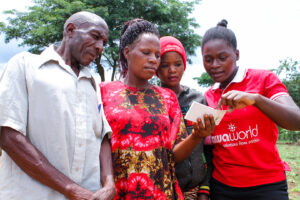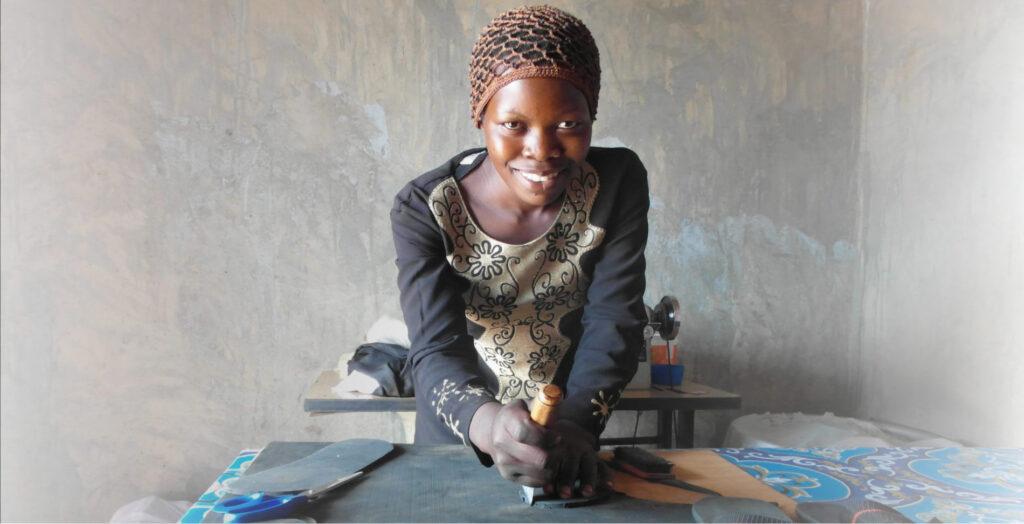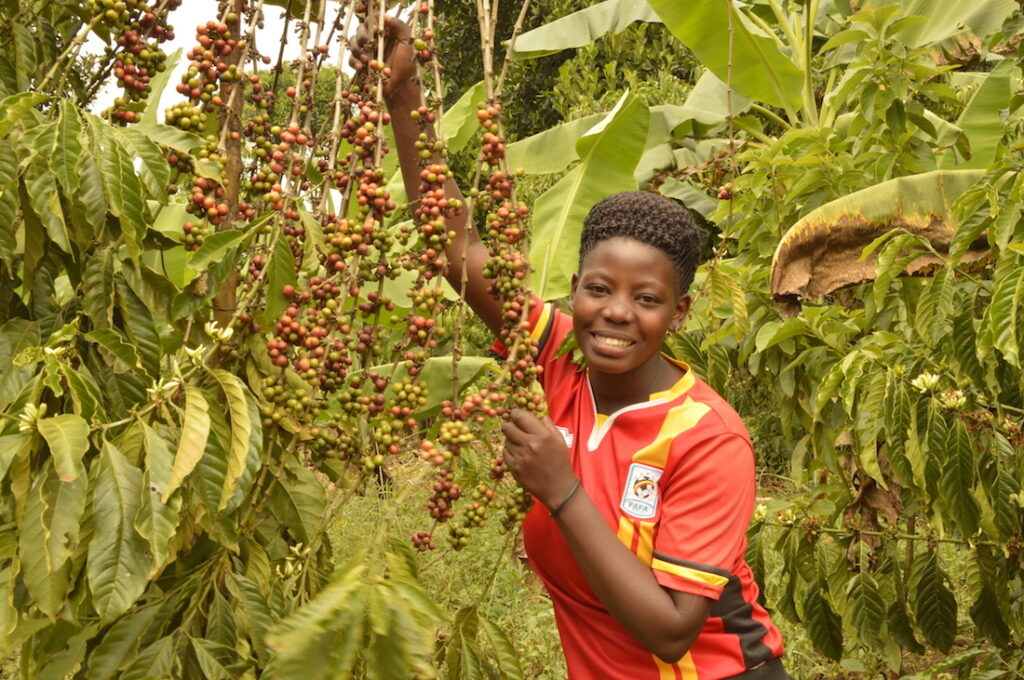Using learn kernels to teach valuable skills to coffee farmers in Uganda
By using learn kernels, our partner Sawa World shared skills and information with coffee farmers in Uganda offline. Read more about the project here.


Getting the right information and skills to people is one reason that having affordable and accessible connectivity is so important. But right now, having access to online information is not always realistic. Because of this, we partnered with Sawa World to test a way of getting information and tutorial videos to people in an offline format. By loading learn kernels with skills and information, they were able to reach 200 coffee farmers in Central Uganda. We asked Sawa World to share more about the project and the impact the learn kernels had on the people they worked with.
Can you explain a little bit how you got the idea for this project?
We tested a hybrid model that applied both offline and online tools to share learning content with youth coffee farmers during the implementation of the Ujana Coffee Project. This project’s aim is to diversify and increase the income of youth from smallholder coffee farms. The idea is to introduce local business opportunities that are easy to start, have already shown success and can allow youth to rapidly start small-scale businesses with little startup costs. This provides additional revenue to their farming activities and motivates them to stay in the agricultural sector for the long term.
The Learn Kernels have been used first among 200 coffee farmers in Central Uganda in partnership with UGACOF as an offline support learning tool.
What different things did you do during this project?
We offered training in 10 simple practical business skills with 10 farmer groups with 20 coffee farmers reaching 200 farmers in Kalungu District, Central Uganda. The practical business skills were offered through a three-days training and farmers were required to start a micro-business in at least one of the business skills. After the training sessions, Learn Kernels containing content of the 14 business skills were shared with the 10 farmer groups to act as a reference when starting a business in the skills learned and also support the farmers learn new skills that they didn’t learn at the actual training session.

What is the impact of getting educational materials to these farmers?
- The educational materials have supported self-learning.
The farmers use them as a reference thereby growing their knowledge in particular business skills. The 10 farmer groups in Kalungu District that received the kernels have all used them as a reference for the skills learned at the training. The farmers have also used the content on the learning materials to disseminate to their families and friends.
- They have supported learning new skills.
A Learn Kernel contains up to five videos therefore, a farmer is able to learn new skills that he or she did not know before. The 10 farmer groups interviewed were able to learn three new skills that were loaded on to the Kernels including fuel saving stoves, poultry farming, etc.
- The educational materials have exposed the farmers and staff to new technologies.
All 10 groups confirmed that this is a new technology they didn’t know about before.
Do you have plans to use the learn kernels with other groups of people?
Yes, we have so far tested the Learn Kernels with 10 farmer groups in Kalungu District in Central Uganda are expanding the use of the Learn Kernels to 10 more farmer groups in five more districts within Central Uganda.

Last thoughts?
We greatly appreciate this partnership to reach more people with such offline tools. Using Learn Kernels has made it much easier for our beneficiaries without the internet to have fast and direct access to our learning resources.